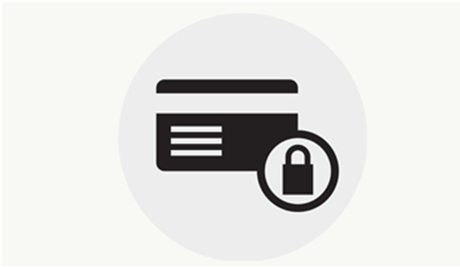
Mobile devices have brought a change in business as well as everyday life when it comes to making financial transactions of all types. Smartphones are in extensive use and consumers are becoming gradually more familiar with using cell phones for varied purposes like secure financial transactions through a web banking site. Mobile wallet is offering a new and enhanced opportunity for merchants and service providers. With the success of mobile content services like games and apps,it is evident that consumers are ready to use mobile phones for payment purposes. Mobile payments depend on transactions between merchants and consumers that include direct purchase of goods as well as services that can be point-of-sale (POS) and account-based.
Even though, streamlined payments serve as a better means for paying bills for online shopping and mobile recharge of all kinds, including online DTH recharge, Airtel recharge, Aircel recharge, Docomo recharge and Idea recharge, fraudsters are consistently looking for ways for security breach. Security risk from mobile payments perspective can be classified as either emerging or traditional. While emerging risks incorporate use of payments in terrorist funding as well as money laundering, traditional risks include theft or denial of services and loss of revenue, customer base and brand reputation. Additionally, the key risks involved in payments include:
- Malicious applications
- Malware
- Violation of privacy in terms of distribution of data and application collection
- SMS vulnerabilities
- Hardware as well as operating system vulnerabilities
- Lack of maturity of controls and fraud tools
- Intricate supply chain and new entrants into mobile ecosystem
However, there are diverse measures that can be taken to address security challenges of payments. Adding an extra layer of protection by having a PIN on a mobile phone can serve the purpose. In addition, it is wise to use an app that generates an immediate electronic receipt. This enables in checking the amount of money is spent after every purchase. Two-factor authentication is also vital to ensure safe transactions.
Security threat is a common challenge with payments. Whether it is malware, malicious activities or jail breaking, different types of concerns are related with payments. Privacy of user in becoming a challenging issue since mobile devices are more personalized and are more attached to identity of user as compared to a traditional computer. Risks associated with legitimate applications that transfer user data to third party or other applications are acquiring more attention in public arena. Counter measures are required to mitigate the risk and ensure a protected platform for carrying out secure transactions. This will be extremely beneficial not only for the consumers, but for the service providers as well.
